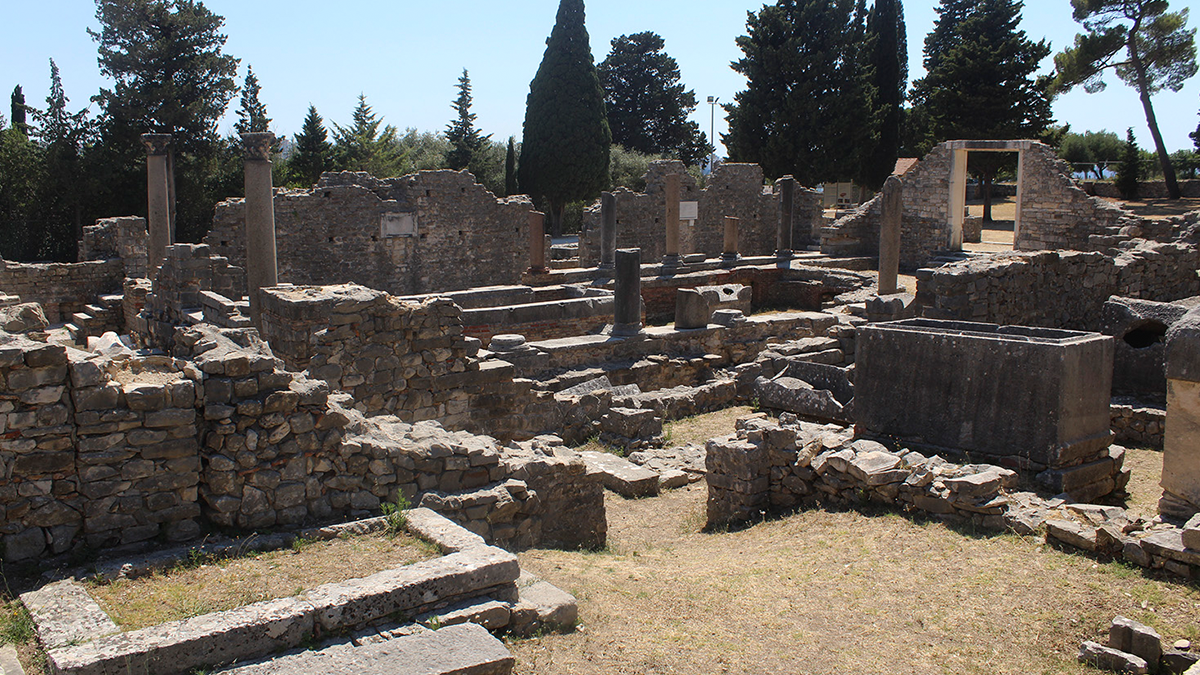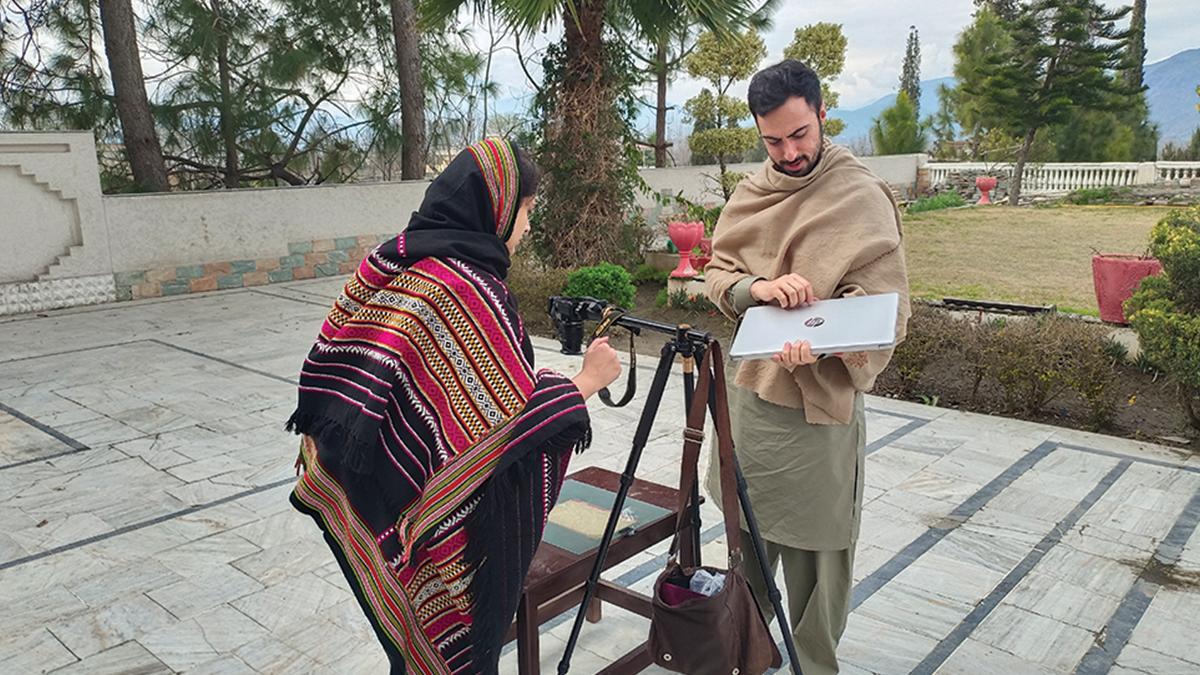Promoting International Dialogues
A new initiative supports faculty seeking to incorporate enhanced virtual and remote international collaboration in their course offerings.

A new initiative supports faculty seeking to incorporate enhanced virtual and remote international collaboration in their course offerings.
As key facilitators of education and outreach at the University of North Carolina at Chapel Hill, Carolina’s areas studies centers are promoting virtual international exchange and connections. This fall, the centers, with support from the College of Arts & Sciences, have established a new initiative to support faculty seeking to incorporate enhanced virtual and remote international collaboration in their course offerings. Under this initiative, instructors are connecting their students with students, faculty and field experts around the world to collaborate throughout the semester.
“The directors, staff and faculty of the area studies centers work in daily conversation with colleagues all over the world,” said Rudi Colloredo-Mansfeld, senior associate dean for social sciences and global programs in the College of Arts & Sciences. “Through this initiative, they have brought those conversations into the classroom, where students now can take part. As COVID-19 interrupted our engagements abroad, the centers have creatively reconnected us with the world.”
Courses which have received support from the area studies centers represent a diversity in subject area and world region. For example, the class “UNC Opera” will work with a Japanese animator to create a feature-length animated version of the opera L’enfant et les sortilèges. Another course, “European Institutions and Integration,” will virtually join students in UNC-Chapel Hill’s TransAtlantic Master’s program with students at the University of Hannover in Germany to discuss transatlantic issues. Meanwhile, students in “Cultures of Health and Healing in Africa” will receive a virtual visit from a public health expert based in Kampala, Uganda. These courses are supported by the Carolina Asia Center, the Center for European Studies, and the African Studies Center, respectively.
Other courses in the initiative cover topics including literature, history and public opinion across the University’s six global area studies centers.


